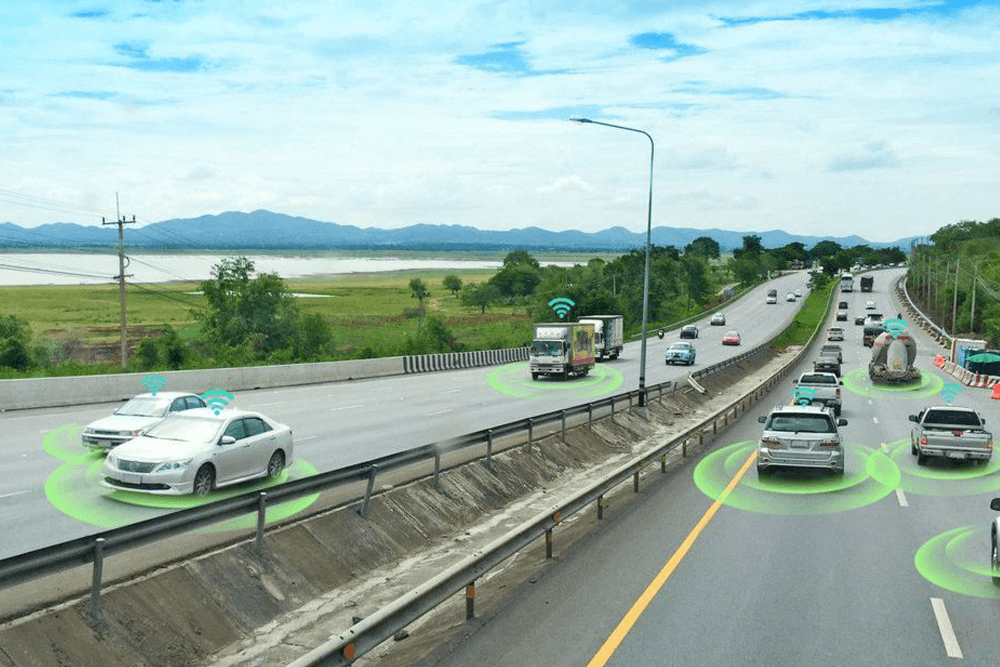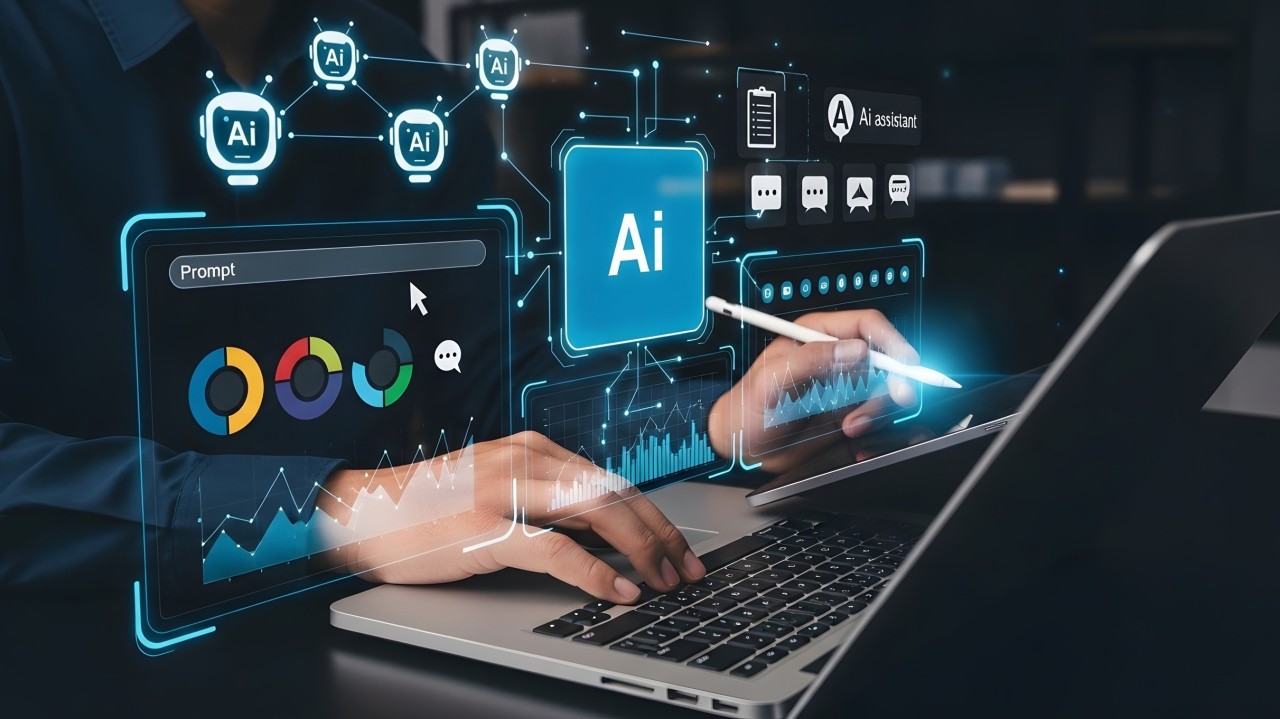5 Autonomous Cars Trends Everyone Should Know About
2 July 2021
Just a few short years ago the idea of cars driving themselves on our streets seemed like a crazy sci-fi fantasy. However, the rapid advances in machine learning and autonomous technology in recent years mean it’s now close to becoming a reality.

Here are my five predictions for how that’s likely to come about:
First Level 5 Autonomous Cars?
Progress towards fully autonomous cars has been split into five stages – from level one, which refers to driver assistance functions common in many new vehicles, to level five – fully self-driving vehicles capable of operating on-or-off-road, with no human interaction required whatsoever.
Level five autonomy doesn’t exist yet, but manufacturers including Honda, Renault, BMW, and Toyota have said they hope to put fully autonomous cars into production by 2020, meaning we could expect to see trials and pilots taking place this year.
Of course, things don’t always go according to plan – Tesla for example, initially said it expected their cars to be fully autonomous by 2017. But with billions of dollars being poured into research and development by some of the world’s most technologically-adept companies, 2019 could be the year we see the first entirely autonomous cars start to appear on our streets.
First fully autonomous coast-to-coast trip?
2015 saw an Audi SQ5 engineered by Delphi make the 3,400-mile trip from San Francisco to New York; however, a human co-pilot took over the controls on several occasions, for safety reasons.
At the end of 2018, a former Google engineer completed a coast-to-coast journey in a level 2 autonomous vehicle apparently without taking control of the vehicle; however, cars at this level of automation still require a human to be available to take control.
And Tesla has delayed their own attempt several times after initially stating that their technology was capable of the feat in 2016, citing safety concerns.
The first manufacturer to complete a totally unassisted trip would certainly win kudos – and with the race to bring these vehicles to our streets heating up, could 2019 finally be the year we see it happen?
Autonomous trucking becomes a reality
Of course, as well as ferrying us around, autonomous driving promises to revolutionize the haulage and logistics industry. With the majority of their driving done on straight, relatively easy to navigate highways, trucks, and HGVs are prime candidates for automation. And, of course, safety is another area that will benefit – with long-haul drivers subject to strict regulations governing the number of hours they can spend behind the wheel, due to the dangers of fatigue and concentration loss.
Next year will see the launch of Mercedes Benz’s Arocs semi-autonomous trucks, which will effectively drive themselves on highways while allowing drivers to step in and take control in urban environments, where higher precision driving is needed.
The Arocs system is designed to be used by a convoy of trucks – with a human-piloted vehicle taking the lead, and autonomous vehicles following its path. It will operate on journeys involving pre-defined routes, so route finding is done manually, but the autonomous driving systems are capable of recognizing and avoiding hazards in their path, as well as reacting to unexpected behavior from other road users.
Autonomous ride sharing hits the mainstream?
If you’re thinking that the future involves owning your own self-driving car, you may be missing the point. According to several of the big players in the autonomous driving game, the idea is that it will no longer be necessary for the majority to own their own car.
A car is often one of the most expensive purchases a family or an individual will make – and is an object which spends 90% of its time sitting in a driveway or parking lot not being used. Particularly for those of us living in urban areas, ride sharing may be the future of transport – at least, that’s the thinking behind the autonomous projects in development by several major automobile and tech companies today.
Google spin-off Waymo launched its self-driving taxi service in a limited way on the streets of Phoenix, Arizona, in 2018, and if things go well we can expect to see it extended to other areas. Others including Ford, GM, and Uber, are expected to unveil similar services in the near future.
If all goes according to plan, 2019 could be the year we call for a taxi, and a vehicle turns up with no one sitting in the driver’s seat!
More Autonomous Tech in Non-Autonomous Cars
While autonomous cars may not entirely be ready to fully take over from their manually-driven predecessors in 2019, it’s certain that we will see a lot of the technology that will eventually enable cars to drive themselves, in more run-of-the-mill vehicles.
In particular, driver assistance features such as automatic braking, acceleration, and lane-switching technologies will be increasingly made available in everyday automobiles. Additionally, features which take advantage of the advanced artificial intelligence systems – such as augmented reality and in-car virtual assistants – which make autonomous driving possible, will become increasingly common throughout 2019.
Related Articles
The 4 Myths Holding Back The AI Revolution, According To Nokia Bell Labs
By now, “smart” versions exist of just about every home appliance, gadget and gizmos we can think of. However, manufacturers continue[...]
Dreamforce 2025: Why I’m Excited About Salesforce’s Agentic Enterprise Revolution
By now, “smart” versions exist of just about every home appliance, gadget and gizmos we can think of. However, manufacturers continue[...]
Robots And AI Are Rewriting The Future Of Surgery
By now, “smart” versions exist of just about every home appliance, gadget and gizmos we can think of. However, manufacturers continue[...]
The 8 Biggest AI Trends For 2026 That Everyone Must Be Ready For Now
By now, “smart” versions exist of just about every home appliance, gadget and gizmos we can think of. However, manufacturers continue[...]
AI, Consciousness And Longevity: A Conversation With Deepak Chopra
By now, “smart” versions exist of just about every home appliance, gadget and gizmos we can think of. However, manufacturers continue[...]
AI Chatbots Are Quietly Creating A Privacy Nightmare
By now, “smart” versions exist of just about every home appliance, gadget and gizmos we can think of. However, manufacturers continue[...]
Sign up to Stay in Touch!
Bernard Marr is a world-renowned futurist, influencer and thought leader in the fields of business and technology, with a passion for using technology for the good of humanity.
He is a best-selling author of over 20 books, writes a regular column for Forbes and advises and coaches many of the world’s best-known organisations.
He has a combined following of 4 million people across his social media channels and newsletters and was ranked by LinkedIn as one of the top 5 business influencers in the world.
Bernard’s latest book is ‘Generative AI in Practice’.










Social Media